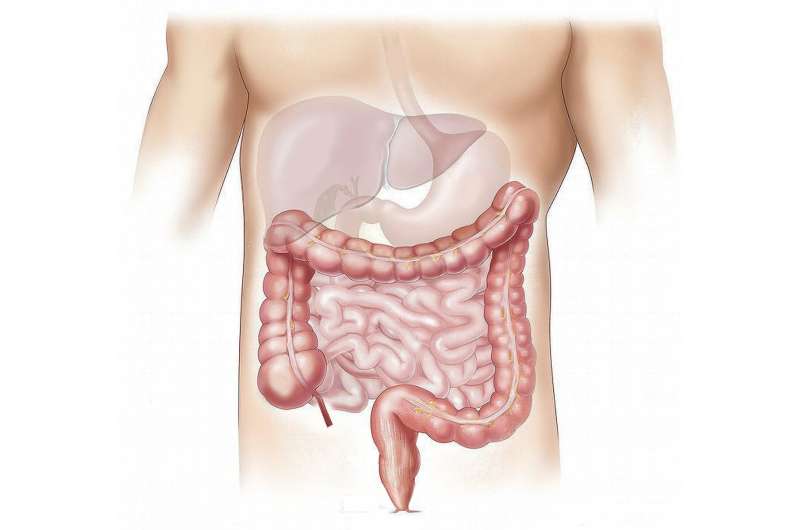First Clinical Trial Launches for Therapeutic Hepatitis B Vaccine

A groundbreaking therapeutic vaccine for chronic hepatitis B has entered human clinical trials, promising a potential new treatment to cure the disease and improve global health outcomes. Developed by researchers at the Technical University Munich, TherVacB aims to activate the immune system and target multiple strains of the virus.
Scientists from the Technical University Munich have initiated the first clinical trial testing a novel therapeutic vaccine designed to treat chronic hepatitis B. The vaccine, named TherVacB, entered human trials in June 2025, marking a significant step after over a decade of research. In earlier studies involving healthy volunteers, TherVacB displayed a promising safety profile and successfully stimulated immune responses aimed at combating the virus.
This pioneering study involves patients with chronic hepatitis B across five countries, including Germany, Italy, Spain, England, and Tanzania. The primary goals are to evaluate the vaccine’s safety, tolerability, and ability to activate the immune system against the hepatitis B virus. The trial is structured in two phases: the initial phase tests increasing doses to identify the optimal and safest dosage, while the subsequent phase assesses the immune response and effectiveness of that dose in a larger patient group.
Chronic hepatitis B remains a major global health challenge, affecting approximately 254 million people worldwide. It significantly raises the risk of severe liver damage, cirrhosis, and liver cancer. Despite existing preventive vaccines and antiviral treatments, there is currently no cure for the infection; treatments require lifelong administration and are not uniformly accessible. The World Health Organization estimates that hepatitis B causes over 1.1 million deaths annually.
The development of TherVacB is centered on a heterologous prime-boost strategy, which involves initially sensitizing the immune system with specific proteins, followed by a viral vector to enhance cellular immunity. This technique aims to stimulate both antibody production and T-cell responses. Notably, the vaccine is formulated to cover more than 95% of the global strains of hepatitis B virus, making it highly relevant for worldwide application.
Professor Ulrike Protzer, the inventor of TherVacB and a virology expert at TUM, emphasizes the significance of this development, highlighting the potential for a functional cure. She explains that the vaccine could enable the body’s immune system to eliminate the virus naturally, offering hope for a transformation in how chronic hepatitis B is managed globally. The ongoing trials are crucial in determining the vaccine’s safety and immune efficacy, with the ultimate goal of introducing a new and effective treatment option for millions affected by this persistent disease.
Stay Updated with Mia's Feed
Get the latest health & wellness insights delivered straight to your inbox.
Related Articles
Lemurs Live Without Age-Related Inflammation, Challenging Human Aging Assumptions
Studies on lemurs reveal a lack of age-related inflammation, suggesting that inflammaging might not be an inevitable aspect of human aging and opening new avenues for research into aging and health.
Integrating Computational Methods and Biology to Link Neural Progenitor Cells with Human Brain Disorders
A novel study combines computational analysis and biology to identify neural progenitor cell genes linked to human brain disorders, advancing understanding of neurogenesis and neurodevelopmental diseases.



